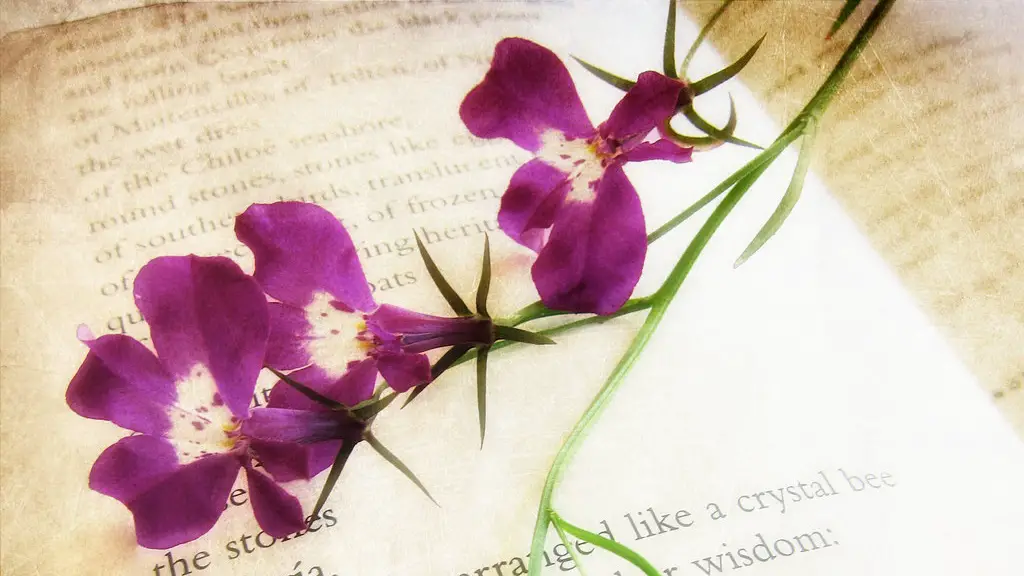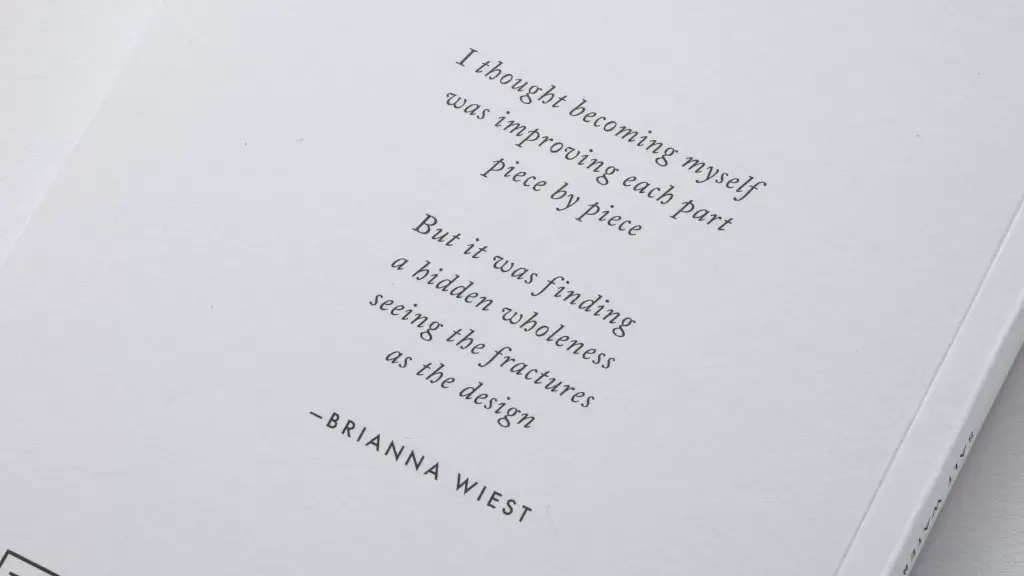Introduction
Oscar Wilde was one of the 19th century’s most influential writers. Born in Ireland in 1854, his zest for life and wit, coupled with his socialite status and flamboyance, made him an icon in literary and theatrical circles. His literary works, both non-fiction and fiction, display a range of topics and styles, from dramatic satire, fairy tales and essays to romantic stories, plays, and even poetry. In this article, we explore what Wilde wrote, from his early works to popular plays and quotes.
Early Writings
Wilde’s early writings focused on the aesthetic debate between the imitation of nature and the production of art for its own sake. His essay, “The Decay of Lying,” ridicules the Victorian sentiment that life should imitate art. His 1881 essay, “The Critic as Artist,” defends the notion of “art for art’s sake,” and his 1889 essay, “The Soul of Man Under Socialism,” provides an argument for libertarian socialism.
Short Fiction
Wilde’s short story collection, The Happy Prince and Other Tales, was published in 1888. The anthology includes several stories and fairy tales, such as “The Selfish Giant,” “The Nightingale and the Rose,” and the title story, “The Happy Prince.” In “The Happy Prince,” a small swallow sacrifices himself so that the statue of a prince can bring relief to the poor and suffering.
Plays
Wilde’s plays were both popular and innovative, including A Woman of No Importance, An Ideal Husband, and The Importance of Being Earnest, comprising his ‘social comedies.” He also wrote the political satire Salomé and the historical tragedy Vera, or the Nihilists. Wilde’s plays portrayed a wide range of topics and styles, and his wordplay became famous.
Poetry
Wilde also wrote poetry, which was published in 1881 in Poems by Oscar Wilde. His poetry was published in a variety of publications during his lifetime, along with some of his fairy tales. His best-known poem is “The Ballad of Reading Gaol,” inspired by a prison sentence he served from 1895 to 1897.
Quotes
Wilde’s witty quotes, such as “Be yourself; everyone else is already taken,” “To live is the rarest thing in the world,” and “Experience is simply the name we give our mistakes,” are still relevant and widely used today. He also wrote on love and friendship, often interweaving the two themes.
Political Views
In addition to his works of art, Wilde had strong socialist views. He was an early advocate of Irish independence and a member of the Irish nationalists of the 1880s, although his views shifted in later years and he became more of a liberal. His 1889 essay, “The Soul of Man Under Socialism,” famously stated that socialism should not be based on economic egalitarianism but on individualism.
Style of Writing
Wilde’s writings were often humorous, ironic, and reflective, and his works were known for their beauty, insight, and lyricism. He was also adept at using witty banter and parodying the current Victorian conventions. His plays often examine the conflict between choice and duty, focusing on moral ambiguities as well as presenting characters who challenge social norms.
Techniques
Wilde’s writing was often bold and daring and was often considered controversial for its time. He was known for his wit, drawing on a wide range of topics, ranging from art and literature to politics and society. His method of blending the sublime and the ridiculous, as well as juxtaposing ideas, allowed him to create a unique style of writing and a unique world view.
Conclusion
Oscar Wilde wrote a wide array of short stories, plays, essays, poems, and quotes. His works are known for their wit, insight, lyricism, and challenge of Victorian conventions. His writings still have relevance today, and his style of writing continues to be a source of inspiration and admiration.


